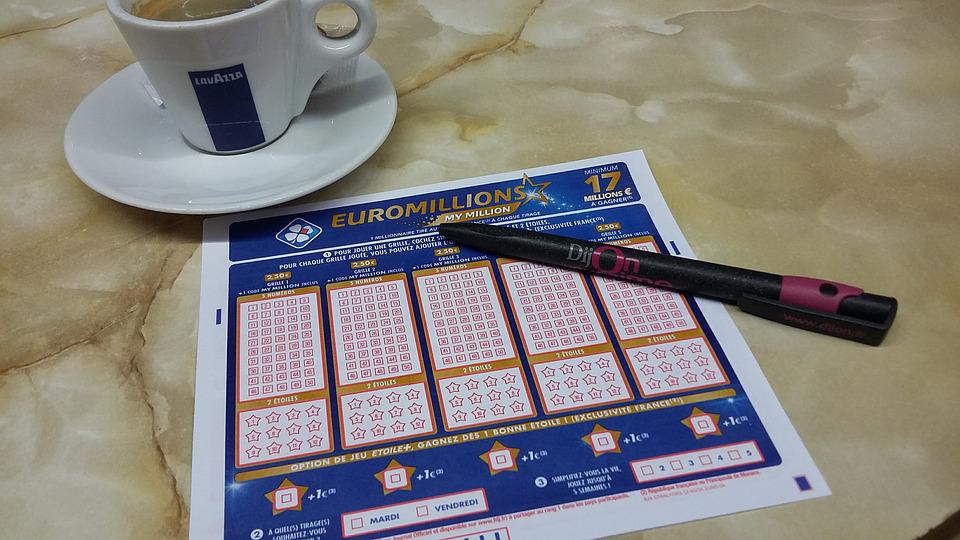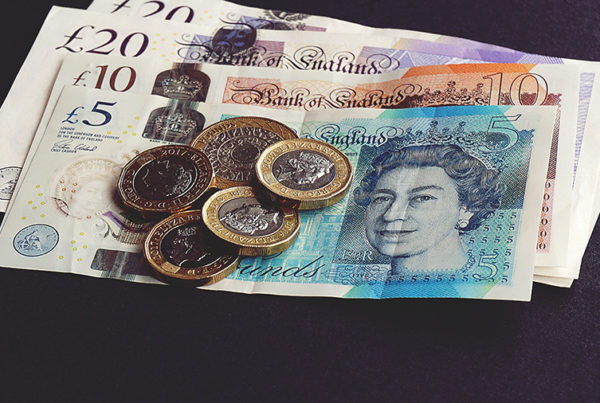You’re more likely to become an astronaut than win the lottery. But that doesn’t stop people playing. Indeed, 45 million people in the UK play the lottery regularly.
Despite the fact most of them never win a thing, we at Tax Kings get asked one question a lot.
Do You Pay Tax On Lottery Winnings In The UK?
The short answer is no. Lottery winnings are not regarded as taxable income. But there are indirect ways where your winnings could be taxed. Essentially, even though the winnings aren’t taxed, they could be taxed depending on what you do with them.
For example, if you spend your first £1 of that £1 million wins, you’ll pay 20% on most good services. So in a sense, your winnings are being taxed, but it’s just a tax on any income you have, whether you got it from the lottery.
Giving Lottery Winnings As A Gift
The rules are more or less the same for giving your lottery money to your loved ones as for any other type of monetary gift. And the main tax ramification for cash gifts is inheritance tax.
Yearly Gift Exemption of £3000
Every fiscal year (6 April to 5 April), British nationals may donate £3000 as a gift free of any inheritance tax liability.
And if you fail to spend that allowance in one year, it can be rolled over for another year.
So, in effect, you can give as much as £6000 away in a tax year, potentially.
Minor Donations
On top of the annual tax-free amount of £3000, you can give smaller presents up to £250 to any number of individuals. Make sure, though, not to use your £3000 tax-free exemption on the same individual.
Let’s look at an example:
You give £3000 to your child during the tax year 2021/22.
In the same year, you make five donations of £250 to your five grandchildren.
NB: Do not cross the £250 threshold as the entire sum could become taxable for inheritance tax. Therefore, if you give £300, the entire sum might be liable to tax instead of just £50 over £250.
How About Gifting A Lot More?
A large Lottery windfall could see you becoming millions of pounds wealthier.
So you’re likely to be considering giving gifts of something greater than a couple of thousand pounds to your chosen loved ones.
Essentially, there’s no restriction on the maximum lottery windfall you can give to a family member. But any amount of cash over your yearly tax-free amounts might be subject to inheritance tax.
Tax On Interest
People tend to forget this one! As soon as your lottery winnings hit the bank, they’re subject to interest, just like any savings.
That interest you earn isn’t part of the original income, and therefore it’s not protected under the tax-free gambling allowance.
Is the interest you earn part of the winnings themself? That’s a debatable one, but HM Revenue and Customs say no.
Inheritance Tax On Lottery Money in the UK
In the United Kingdom, we have a seven-year rule when it comes to gifting. When you make a gift in money or capital, it’s still regarded as part of your estate for seven years after the time you gave it away.
The logic here is that it stops people who are about to die from just giving away their money shortly before the pass, thereby avoiding inheritance tax.
Let’s look at an example:
Victoria McCartney-Browne is a 42-year-old middle-market executive living in Pimlico. After an impromptu lottery ticket purchase, Victoria wins £2 million. Ms McCartney-Browne wishes to give £80,000 to her son, Sean Paul, as a present.
Remember that £3,000 tax-free gifting allowance? So that can be used here, providing it hasn’t, well, already been used. That tax-free £3,000 Victoria gave to Sean Paul isn’t included in the seven-year issue, so it’s no longer in her estate.
It is entirely Sean Paul’s money. Now the sum we have to deal with is £47,000.
The residual £47,000 continues to be deemed to form part of Victoria’s estate over the next seven years. It is a gift potentially qualifying for tax exemption from a legal standpoint.
A Taxing Departure
Sadly, Victoria dies four years later. Since the seven-year rule has not passed, the entire sum of £47,000 is subject to income tax. How much Her Majesty will take is detailed below, but let’s look at what would happen if Victoria lived a bit longer.
Victoria donates £50,000 to her son Sean Paul as a gift. Again, we consider his £3,000 tax-free gift allowance, and the resulting amount to be reckoned is £47,000.
Ms McCartney-Browne dies ten years after making the gift to her son. Since the seven-year time period has passed, that money was not part of Victoria’s estate when she died, and it’s not liable for inheritance tax on her part.
Sean Paul will, naturally, have to pay tax in his own right and own circumstances.
So if you want to be taxed less on the money you give, we guess it makes sense to give the money away within seven years of earning it.
How Much Is Income Tax In The UK?
Everyone has a tax-free personal allowance up to a threshold of £12,500. If you die with £50,000 in the bank, you’ll pay 20%; above that, until £150,000, it’s 40%.
If you’re lucky enough to die with over £150,000 in the bank, you’ll be unlucky enough to pay 45% of it to the state.
Remember, you’re more likely to have a number one hit in America with a song yodelled in Afrikaans than you are to get jackpot UK lottery winnings. The idea can be fun though.
Dream Responsibly.






